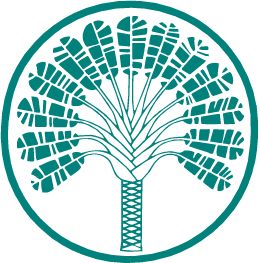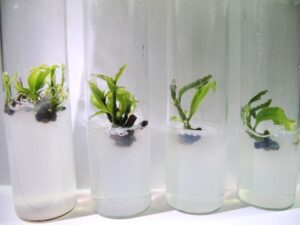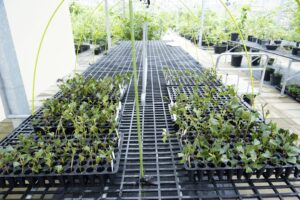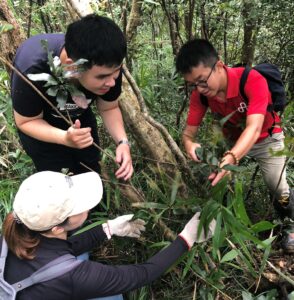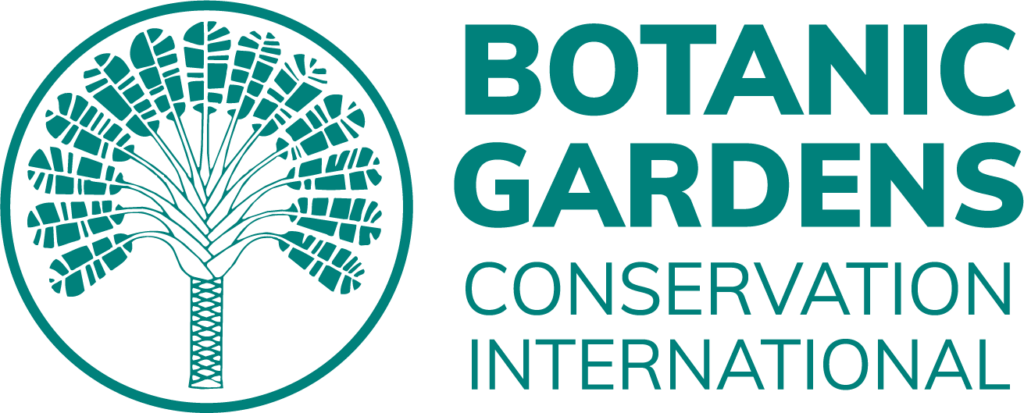- Species
- Lithocarpus formosanus
Lithocarpus formosanus
Little evidence of regeneration
Taiwan Tanoak (Lithocarpus formosanus), assessed as Critically Endangered, is restricted to Southern Taiwan and shows little evidence of natural regeneration as seed production appears to be poor and heavily predated.
Taiwan Tanoak is found only on the Hengchun Peninsula in Southern Taiwan and is assessed as Critically Endangered on The Red List of Vascular Plants of Taiwan 2017.
The population in Hengchun is believed to consist of less than 50 mature individuals and there has been little evidence of natural regeneration in the recent past. Seed crops appear to be poor and there is evidence of seed predation by squirrels in the field. While the population of Taiwan Tanoak exists fully within Kenting National Park, the species is a well-known endemic and seeds may be harvested for inclusion in private collections. Germination of the seeds for conservation collections have been difficult in the past due to barriers to seedling development associated with the acorns having a thick coat and that the seeds require prolonged exposure to cold temperatures to break their dormancy.
Conservation methods involving living collections are needed for the conservation of this exceptional species as it cannot be adequately preserved long-term using current seed banking best practices.
Securing ex situ
BGCI complemented on-going ecological research on the species by local universities and the Forestry Bureau and partnered with the Dr. Cecilia Koo Botanic Conservation Center (KBCC) and the Dept. of Forestry and Natural Resources at National Chiayi University (NCYU) to develop strategies for the ex situ conservation of the species and to develop ex situ collections which can be used to reinforce the species in the wild. Together we
- Secure the species in genetically representative ex situ conservation collections at KBCC and NCYU
- Propagated individuals for wild population reinforcement
- Improved local awareness of the threat of over collection of endemic species
A team from KBCC surveyed the population in Kenting National Park and took cutting of the species. Specific facilities for propagating woody cuttings have been created at KBCC to trial the effect of various conditions including humidity and temperature on rooting. 200 cuttings were part of these trials.
Project partners
Project sponsors


